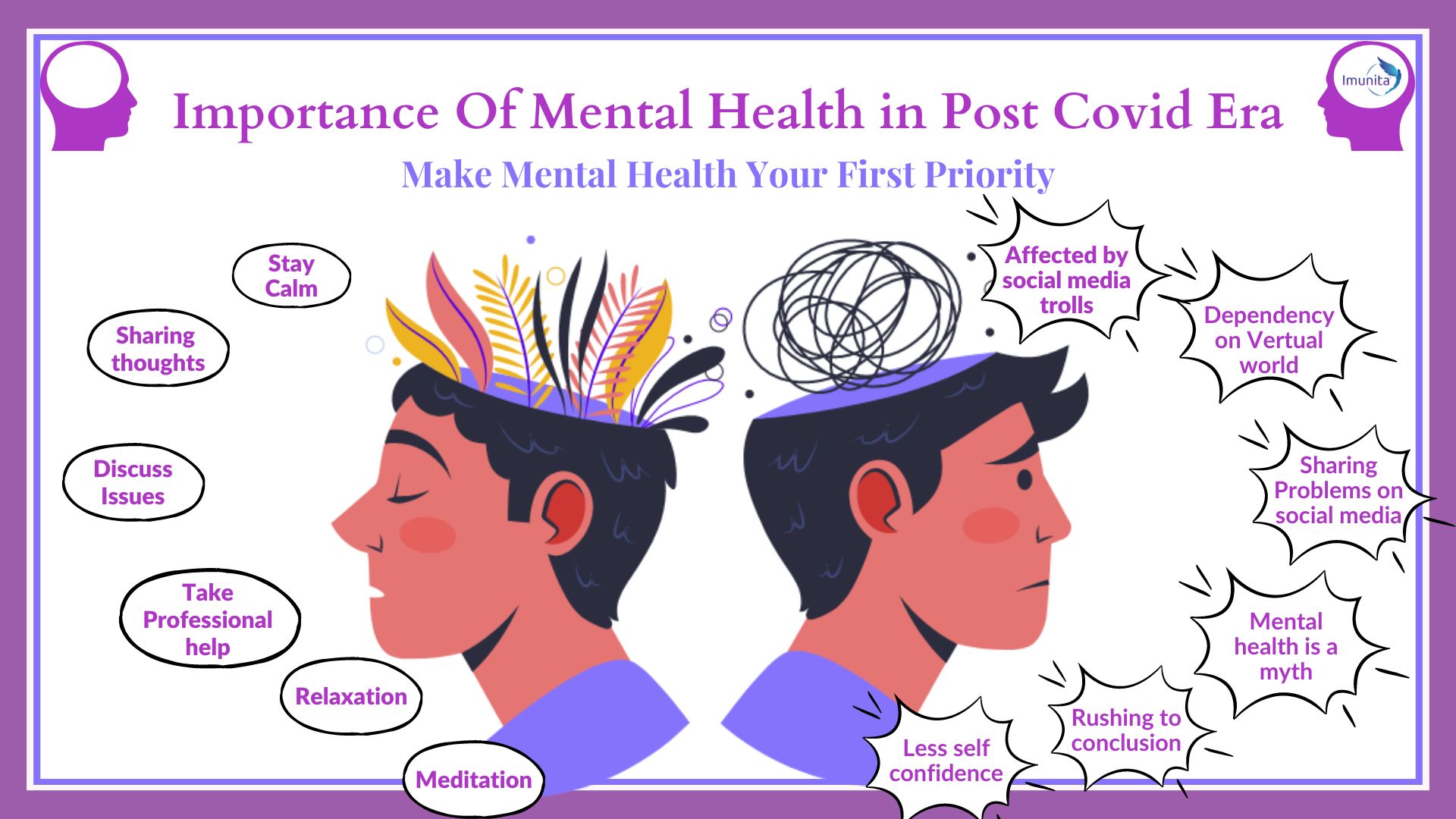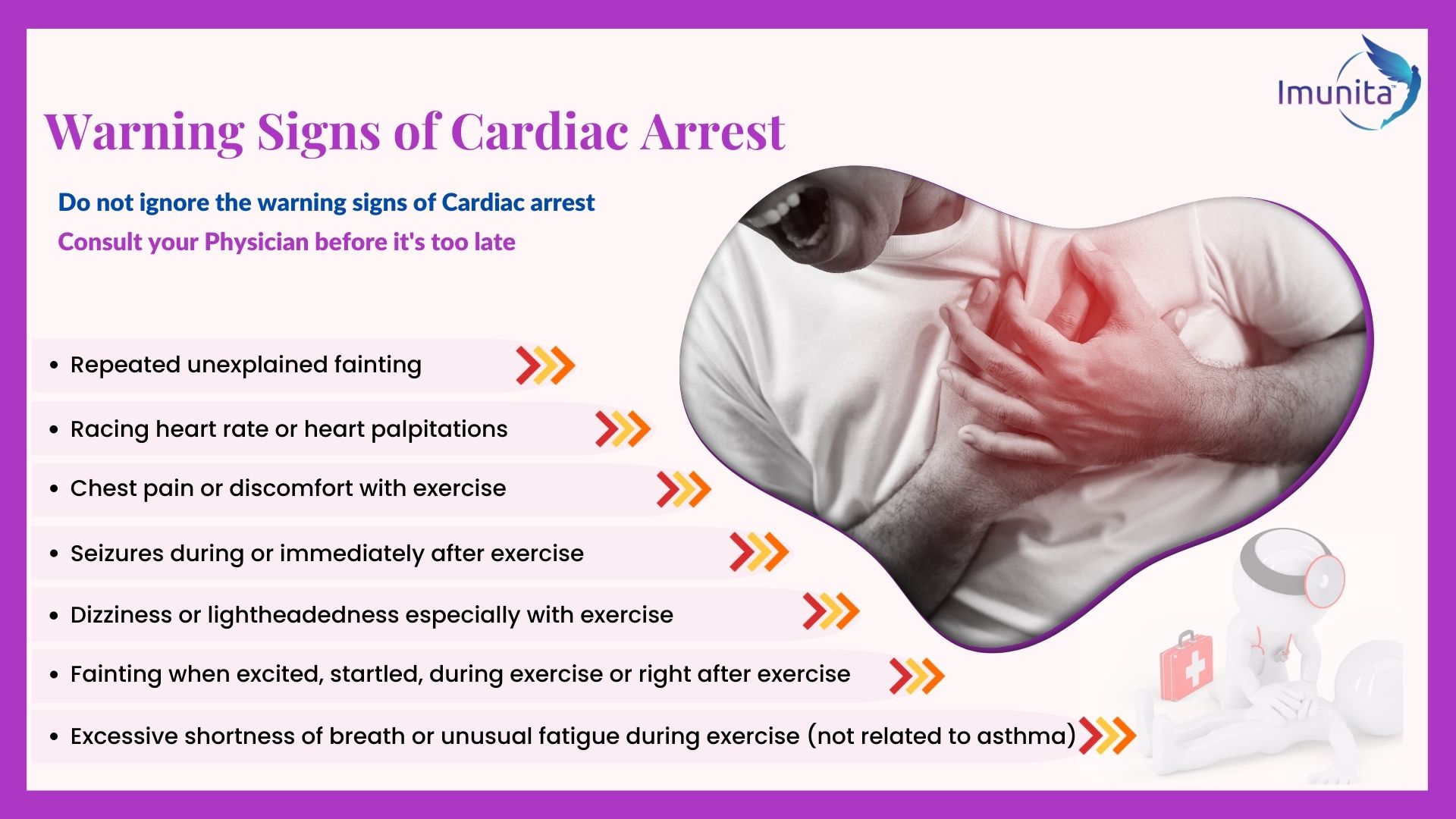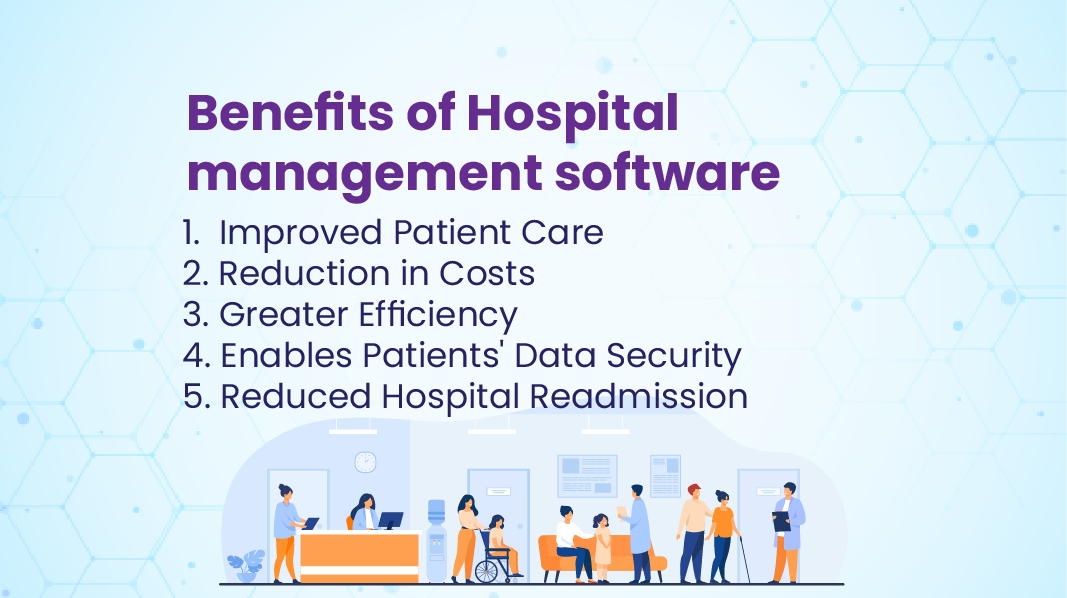Modern Obesity
Obesity is a medical condition in which excess body fat has accumulated to the extent that it may have a negative effect on health. Obesity is associated with many medical complications that can reduce a person's quality of life and in some cases shorten a person's life. Today a growing number of people are unable to shed that extra fat despite following strict diet regimes and daily workouts. The physiological changes in each and every human being vary according to their age, sex, environment, lifestyle and disease conditions.
Office is the place where we spend most of our waking hours; it’s also the place virtually ready-made for putting on weight. Most of the people in office spend a maximum of their working hours on computer living a sedentary lifestyle. A sedentary lifestyle is where an individual does not receive regular amounts of physical activity whereas an individual should participate in a minimum of 150 minutes of moderate exercise or 75 minutes of a more vigorous regimen. According to the World Health Organization (WHO), 60 to 85% of the population worldwide does not engage in enough activity making physical inactivity the fourth leading risk factor for global mortality.
Obesity should not be given just a cosmetic consideration as it is harmful to one’s health leading to many health risks.
How Common Is Obesity?
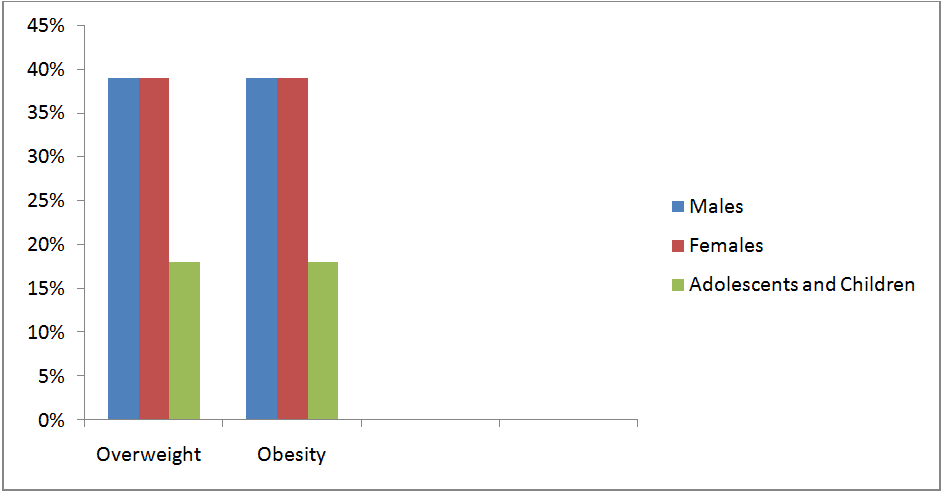
According to the WHO, there are nearly more than 600 million adults with BMI exceeding 30. The data from Global Health Observatory (GHO) states that the Prevalence rate of overweight adults In 2016 was 39% of women and 39% of men aged 18 and over, while the Prevalence rate of overweight adolescents and children aged 5-19 in 2016 was 18 %. The Prevalence rate of obesity among adults In 2016 was 39% of women and 39% of men aged 18 and over while the Prevalence rate of obesity among children and adolescents aged 5-19 in 2016 was 18% .
Obesity may lead to complications …
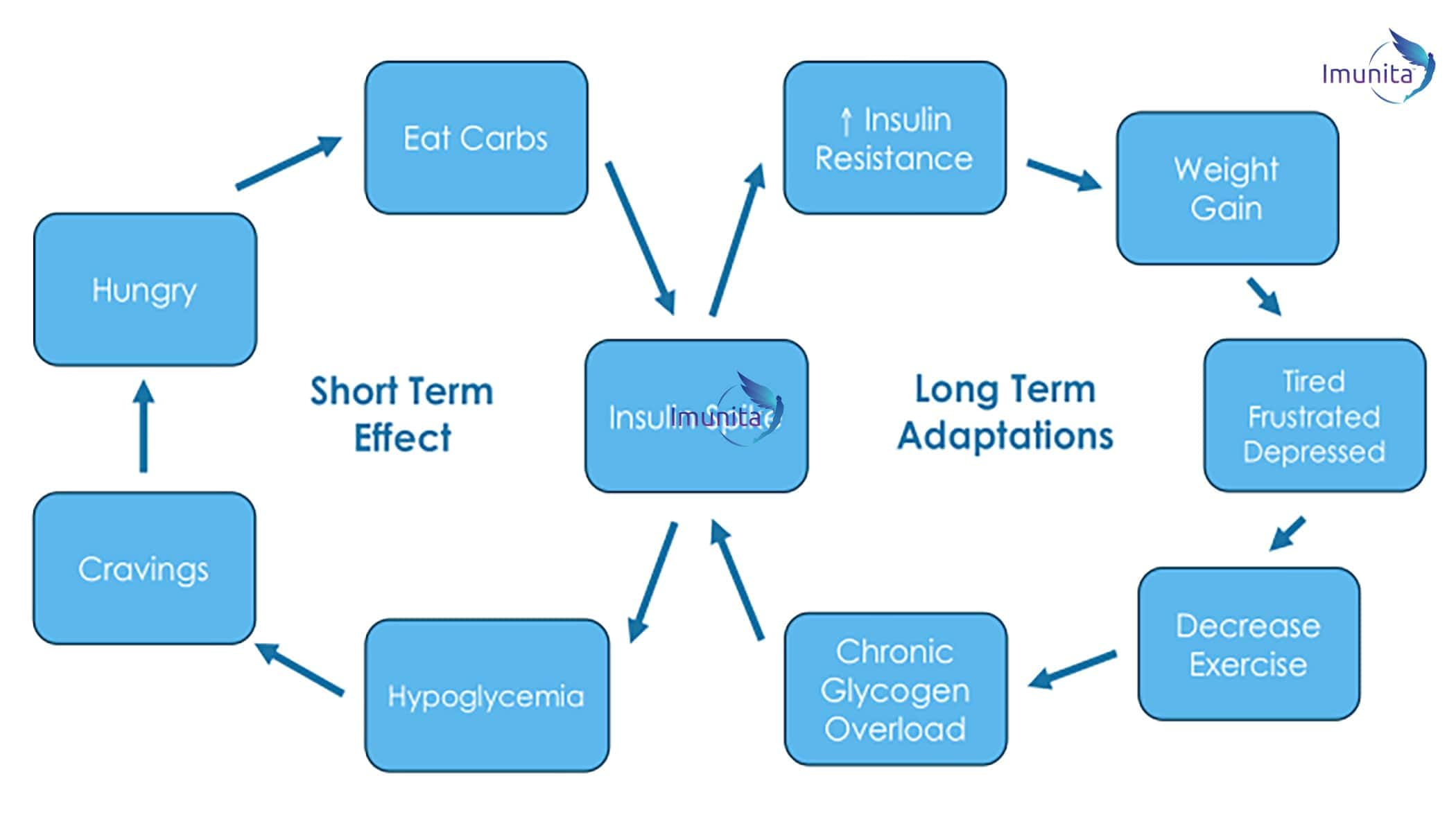
Obesity should not be given just a cosmetic consideration as it is harmful to one’s health leading to many health risks.
Major complication includes Coronary Heart Disease, Hypertension, Diabetes, Obstructive Sleep Apnoea (O.S.A), Polycystic Ovarian Syndrome –PCOS, etc.
Minor complications include Gastroesophageal reflux disease (GERD), High blood pressure, High cholesterol, Joint disease (e.g., osteoarthritis), Varicose veins, Heartburn, Skin problems, Irregular periods in females, increased sweating, and fatigue.
Factors causing obesity
The balance between calorie intake and energy expenditure determines a person's weight. If a person consumes more calories and fails to metabolize it then the person gains weight (the body will store the excess energy as fat). Therefore, the most common causes of obesity are overeating and physical inactivity. Ultimately, body weight is the result of factors such as genetics, metabolism, environment, behavior, and culture.
Genetics:
A person is more likely to develop obesity if one or both parents are obese. Genetics also affect hormones involved in fat regulation. For example, one genetic cause of obesity is leptin deficiency. Leptin is a hormone produced in fat cells and in the placenta. Leptin controls weight by signaling the brain to eat less when body fat stores are too high. If, for some reason, the body cannot produce enough leptin or leptin cannot signal the brain to eat less, this control is lost, and obesity occurs. The role of leptin replacement as a treatment for obesity is under exploration.
Overeating or skipping meals:
Overeating leads to weight gain, especially if the diet is high in fat. Foods high in fat or sugar (for example, fast food, fried food, and sweets) have a high energy density (foods that have a lot of calories in a small amount of food). Epidemiologic studies have shown that diets high in fat contribute to weight gain.
Factors causing overeating are:
Lack of focus during meal time results in ignorance of satiety resulting in overeating, hence it is recommended that an individual should focus while consuming meals(at least for 45 minutes).
Liquid intake in between the meals leads to a decrease in metabolism rate which delays the satiety signal to the brain which causes overeating.
When you skip your meal your blood sugar decreases, which causes an interruption in your ability to think straight. The brain uses glucose to run efficiently and if there is not enough glucose for the brain to use, your body does not function at 100 percent.
Low blood sugar causes people to feel irritable, confused and fatigued. The body begins to increase production of cortisol, leaving us stressed and hungry.
Skipping meals can also cause your metabolism to slow down, which can cause weight gain or make it harder to lose weight. When you skip a meal or go a long time without eating, your body goes into survival mode this causes your cells and body to crave food which causes you to eat a lot! We usually tend to crave unhealthy foods and all attempts at eating healthy go out the door. When you are that hungry, anything goes
Frequency of eating:
The relationship between frequency of eating (how often you eat) and weight is somewhat controversial. There are many reports of overweight people eating less often than people with normal weight.It is observed that people consuming small and frequent diet are more healthy and fit than people consuming diet twice in large portions.
Physical inactivity
It is observed that people with a sedentary lifestyle are at more risk to gain weight than the people who are active and follow diet plans. The National Health and Nutrition Examination Survey (NHANES) showed a strong correlation between physical inactivity and weight gain in both sexes.
Medications
There are certain medications which are associated with weight gain and the reason for the weight gain with the medications differs for each medication. If this is a concern for you, you should discuss your medications with your physician rather than discontinuing the medication, as this could have serious effects.
Psychological factors
Every individual differs in behavior and hence everyone has a different response to different emotions. For some people, emotions influence eating habits. There are certain people who eat excessively as a response to emotions such as fear, stress, happiness, loneliness, anger, etc. Certain Psychological disorders such as Bulimia nervosa also contribute to obesity.
Diseases
Disease such as hypothyroidism, insulin resistance,polycystic ovary syndrome, and Cushing's syndrome are also contributors to obesity.
Hormones
Women tend to gain weight especially during certain events such as pregnancy,menopause, and in some cases, with the use of oral contraceptives. However, with the availability of the lower-dose estrogen pills, weight gain has not been as great a risk.
Ethnicity factors
Ethnicity factors such as a social group that has a common national or cultural tradition may influence the age of onset and the rapidity of weight gain
The good habits we need to adopt
If you’re spending most of your day in an office, you probably think it’s impossible to practice healthy habits on regular basis (Unless your company has an in-office gym or catered meals every day—if that’s you, you’re a lucky duck..).
Well, we’ll prove you wrong. Here are some easy ways to have a stronger mind, body, and spirit in just your average workspace
-
Healthy Snacks
-
Stand Up and Stretch
-
Walking Meetings
-
Stairs
-
Give Your Hands a Break
-
Drink Adequate Water
-
Start an Office Workout Tradition
-
Stare Out the Window
-
Prepare Your Own Lunch
-
Breathe
“When the vending machine or leftovers from the 3 PM meeting tempt you with their ease and convenience, it’s hard to just say no to chips and cookies during that mid-afternoon slump.”So, instead, leave a bag of almonds or black current next to your laptop. It’s much easier than getting up to snag something from the office kitchen.
Even if it’s just to tackle some emails or short to-dos, spend 30 minutes a day standing at your desk—we bet it’ll boost your energy. Oh, and if your office doesn’t have any place where you can work standing up, then just literally make sure you’re physically standing up and stretching at least once an hour. It is recommended that an individual should not be in a sitting position for more than one hour and fifteen minutes.
There’s also nothing worse than leaving work at the end of the day with a kink in your neck or sore muscles, so avoid the pain by performing certain activities at your desk.
Take your meetings on a stroll, where you can enjoy some sunshine, stretch your muscles, and maybe get those creative juices flowing.
It’s a quick way to get your heart rate up when there’s no time for a workout.
They’re doing the legwork all day (unlike your legs), so give them a rest by stretching them out or taking a second to relax them in your lap.
It goes without saying, really. Water equals a happy body (and fewer mid-day headaches).
Make a workout tradition at your office like a two-minute dance at a fixed time in the noon. This will definitely boost your energy level and decrease the level of stress and make you more efficient.
Science says that just looking at a tree can reduce stress and make you feel better overall. If you live in a city, then why not purchase a plant?
Preparing your own lunch helps you select the healthy stuff you need to consume and you can avoid unhealthy food that can lead you to obesity. Preparing your own lunch gives you the feeling of satisfaction and you will burn your calories while cooking too.
Take ten minutes of your time a day to stop, look away from your work, and just breathe, slow inhalation and exhalation is recommended and you’ll really feel better. If you’re feeling really ambitious, you might even practice mindfulness or meditation.












